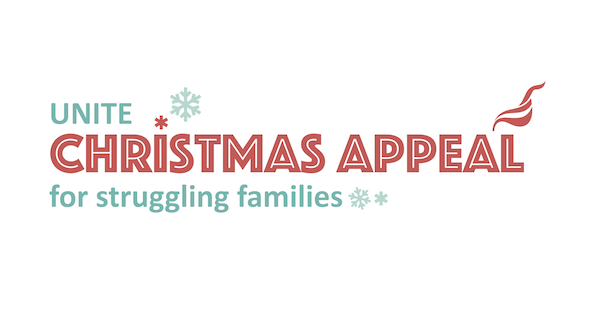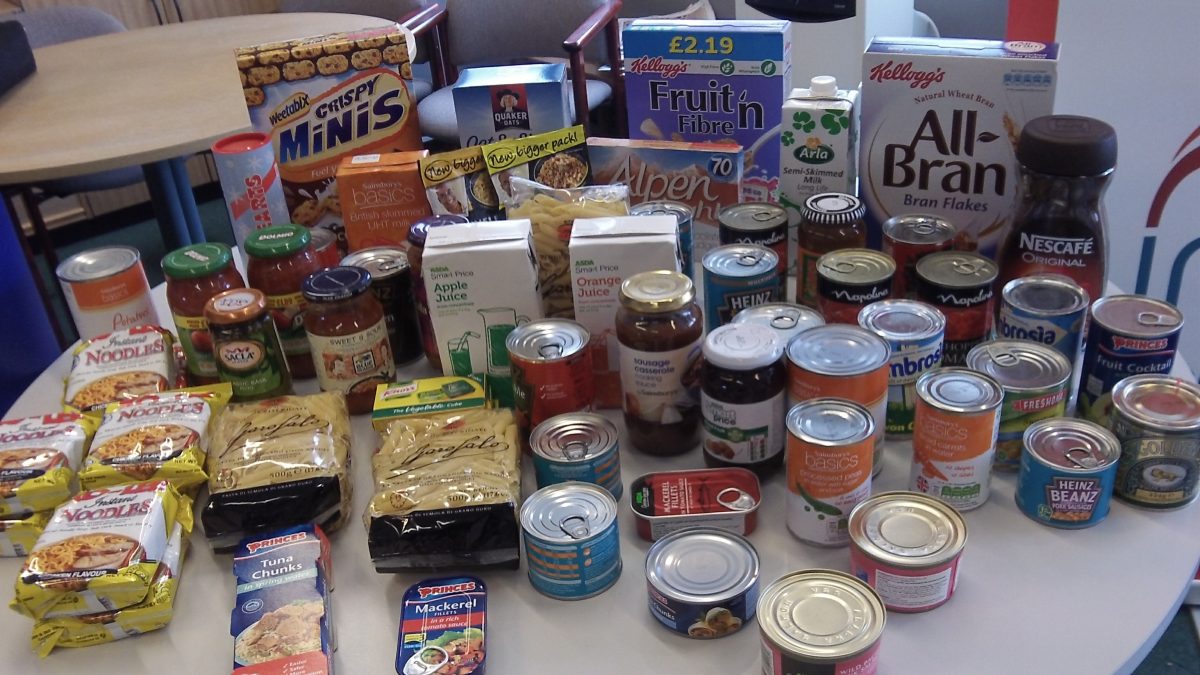For our kids’ sake
Child poverty skyrocketed again last year, as the latest figures published today reveal an increase of 200,000 more children living in households that are struggling to make ends meet.
The Department of Work and Pensions (DWP) published Households Below Average Income (HBAI) data on Tuesday (June 28) which showed that 3.9m children in the UK are now living in relative poverty. Most shockingly of all, a full two-thirds of these children are in families with at least one parent working.
People are classed as being in relative poverty if they live in a household which earns 60 per cent below median income. But the Tory government no longer recognises household income in its own accounting of child poverty – last year it shifted the focus to factors such as joblessness and educational attainment. It also moved to abolish child poverty reduction targets entirely.
The latest Office of National Statistics (ONS) figures echo projections from the Institute of Fiscal Studies (IFS) published in March, which estimated that by 2020, relative child poverty will increase by a shocking 50 percent. This would mean that in four years’ time, one child out of every four will live in a household in poverty.
The IFS estimated too that absolute child poverty, which takes into account inflation, will increase as well over the next four years, from 15 per cent in 2015-2016 to more than 18 per cent in 2020. This will mean an additional 500,000 children will be living in households below the poverty line in the next four years.
The IFS notes that the main driving factor behind the unprecedented hike in child poverty is this government’s welfare cuts and reforms.
The Tory austerity agenda that has devastated communities across the UK was earlier this week condemned by the United Nations, which said that the government was in violation of human rights.
Damning report
The UN Committee on Economic, Social and Cultural Rights released a damning report on Tuesday (June 28), eviscerating the government’s policies which are having a disproportionate effect on the poorest. These included the government’s tax policies, which the committee said do not go far enough to address inequality.
The committee expressed “deep concern” at cuts and reforms to benefits entitlements and highlighted that they hit already marginalised groups – including women, children, people with disabilities, low-income families and families with two or more children – the hardest.
The UN committee called on the UK government to “develop a comprehensive child poverty strategy and reinstate the targets and reporting duties on child poverty.”
It sharply criticised the government for not having “a specific definition of poverty” and expressed concern that its new Life Chances Strategy introduced this year, “has repealed the duty to meet time bound targets on child poverty, which remains high and is projected to increase in the future.”
“We can tell how strong the economy is, and how fair it is, from how well working families are doing,” said TUC general secretary Frances O’Grady in response to the latest government statistic on child poverty. “But since the Conservative-led government took office in 2010, there has not been any progress reducing working age poverty.
“Working families were unfairly made to pay the price of a financial crisis they did not cause,” she added.  “With the economy now facing trouble again from Brexit, working people should not be made to pay the price a second time.”
Unite assistant general secretary Steve Turner slammed the present government’s track record on child poverty.
“The ONS statistics showing greater numbers of children sinking deeper into poverty sadly come as no surprise,” he said. “This government has pursued the politics of cuts — cuts to services, benefits, wages and decent work. The majority of people living in poverty are in work.
“They tried to hide the true impact of their policies by focusing on sham ‘life chances’ measures and removing their obligation to report poverty as poverty – they were forced into retreat by a concerted campaign and Labour opposition.”
“The IFS quite rightly argues that it is austerity that’s driving this relentless increase in child poverty,” Turner added. “The UN has said that the UK government is, through the impact of its austerity policies, in breach of its own people’s human rights.
“Tackling child poverty needs urgent action and the solutions are well within our grasp – now more than ever after the likely economic shocks of Brexit we need a complete break from the policies of austerity. Instead, we must have a policy of economic investment to grow decent, well-paid jobs and a comprehensive social security system – we need it for the sake of our children and their futures.”
 Like
Like Follow
Follow


